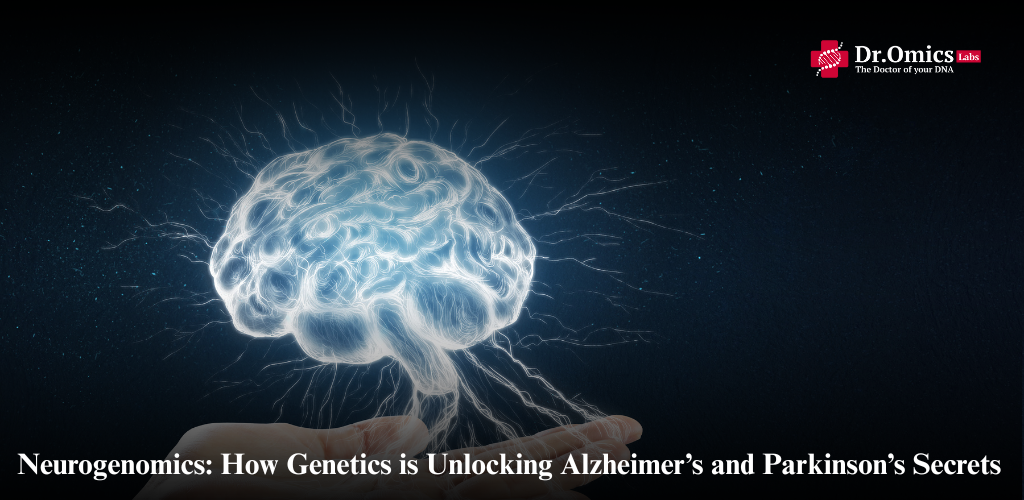The human brain is an intricate masterpiece, orchestrating everything from our memories to our movements. Yet, when neurological diseases like Alzheimer’s and Parkinson’s strike, this delicate balance begins to unravel. For decades, scientists have sought to understand the origins of these disorders. Today, thanks to advances in neurogenomics, we’re entering a new era—one where genetics plays a pivotal role in decoding and combating brain diseases.
What is Neurogenomics?
Neurogenomics is the study of how the genome—the complete set of our DNA—affects the development, structure, and function of the nervous system. It blends neuroscience, genomics, and bioinformatics to explore how genetic variations influence the brain, behavior, and neurological disease risk.
This rapidly advancing field is revolutionizing our understanding of complex brain disorders. Instead of treating symptoms alone, researchers and clinicians are now digging into the genetic roots of diseases to design more personalized, effective treatments—a concept known as precision neurology.
Alzheimer’s Disease and Genetic Testing
One of the most profound applications of neurogenomics is in Alzheimer’s genetic testing. Alzheimer’s disease, the most common form of dementia, has both environmental and genetic contributors. Certain genes, like APOE ε4, have been strongly linked to an increased risk of developing the disease.
Through genetic testing, individuals can assess their risk profile early on. While a genetic predisposition doesn’t guarantee a diagnosis, it provides valuable information for prevention and lifestyle adjustments. More importantly, it helps researchers target specific genetic mechanisms when developing drugs and therapies.
Parkinson’s Disease Genes: The Genetic Puzzle
Similar breakthroughs are occurring in Parkinson’s disease, a progressive disorder affecting movement. Mutations in genes such as LRRK2, PINK1, and SNCA have been associated with both hereditary and sporadic cases of the disease.
Understanding these Parkinson’s disease genes allows scientists to identify at-risk individuals and develop gene-targeted therapies. For example, treatments that inhibit the effects of mutated LRRK2 are already in development, offering hope for more tailored interventions.
Brain Genomics and the Future of Treatment
Brain genomics goes beyond identifying risk—it’s about mapping the full landscape of gene expression in different regions of the brain. This comprehensive approach helps us understand why some neurons are more vulnerable to degeneration, why diseases progress differently in individuals, and which biological pathways are most affected.
By integrating brain genomics with clinical data, researchers are creating predictive models and treatment strategies that are more precise and personalized than ever before. This synergy is at the heart of precision neurology, where the goal is to move from one-size-fits-all treatments to interventions tailored to a person’s unique genetic makeup.
Conclusion: A New Frontier in Neurology
The field of neurogenomics is transforming how we understand and treat neurodegenerative diseases. From Alzheimer’s genetic testing to the discovery of Parkinson’s disease genes, we are beginning to unravel the mysteries that once seemed impenetrable.
As brain genomics continues to evolve, and precision neurology becomes more integrated into clinical practice, we are not just treating disease—we are predicting, preventing, and personalizing care. The genetic keys to the brain’s most devastating diseases are finally being found, unlocking hope for millions around the world.




